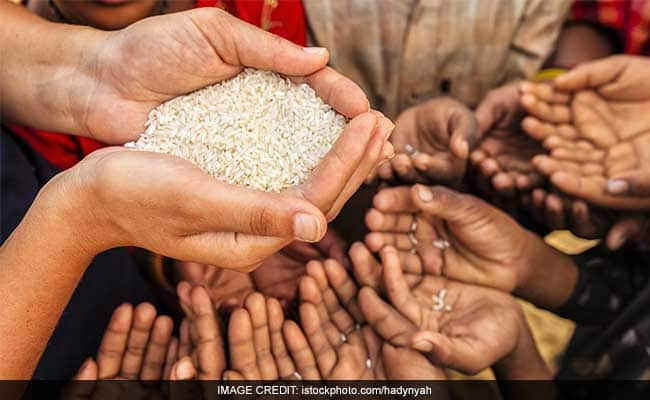Poverty in India is estimated to have declined to 8.5 per cent in 2022-24 from 21.2 per cent in 2011-12, despite the challenges posed by the pandemic, according to a research paper by the economic think tank NCAER.
The paper titled ‘Rethinking Social Safety Nets in a Changing Society’, authored by Sonalde Desai of NCAER, used data from the newly completed Wave 3 of the India Human Development Survey (IHDS) as well as data from Waves 1 and 2 of the IHDS.
“According to the IHDS findings…poverty declined significantly between 2004-2005 and 2011-12 (from a headcount ratio of 38.6 to 21.2), and it continued to decline between 2011-12 and 2022-24 (from 21.2 to 8.5) despite the challenges posed by the pandemic,” the paper said.
The paper said economic growth and poverty decline create a dynamic climate that requires nimble social protection programmes.
Traditional strategies designed to address chronic poverty in a large segment of society may be less effective as accidents of birth become less important than accidents of life, it added.
The paper noted that ensuring social protection systems keep up with the pace of social transformation will be a key challenge for India as it strives towards equitable development.
According to the paper, during an era of economic growth, when opportunities increase, the long-term determinants of poverty may decline while accidents of life associated with natural disasters, illness and death, and changes in occupation-specific opportunities may become more important.
“Accidents of birth are more likely to affect long-term chronic poverty, accidents of life may have a transitory effect on moving in and out of poverty,” it said.
Earlier this year, NITI Aayog CEO B V R Subrahmanyam had said the latest consumer expenditure survey indicates that poverty has come down to 5 per cent in the country and people are becoming prosperous both in rural and urban areas.
“If we take the poverty line and inflate it with the Consumer Price Index (CPI) to today’s rate, we see that the average consumption of the lowest fractional, the 0-5 per cent, is about the same. This means poverty in the country is there in the 0-5 per cent group only,” the NITI Aayog CEO had said.
The National Sample Survey Office (NSSO), under the Ministry of Statistics and Programme Implementation, released data on household consumption expenditure for the year 2022-23 on February 24 that showed per capita monthly household expenditure more than doubled in 2022-23 as compared to 2011-12.
The poverty line recommended by the Tendulkar Committee Report was set to Rs 447 and Rs 579 for rural and urban areas, respectively, but varied between states for 2004-2005. These poverty thresholds were subsequently adjusted by The Planning Commission to Rs 860 and Rs 1,000 for 2011-12.
(Except for the headline, this story has not been edited by NDTV staff and is published from a syndicated feed.)

